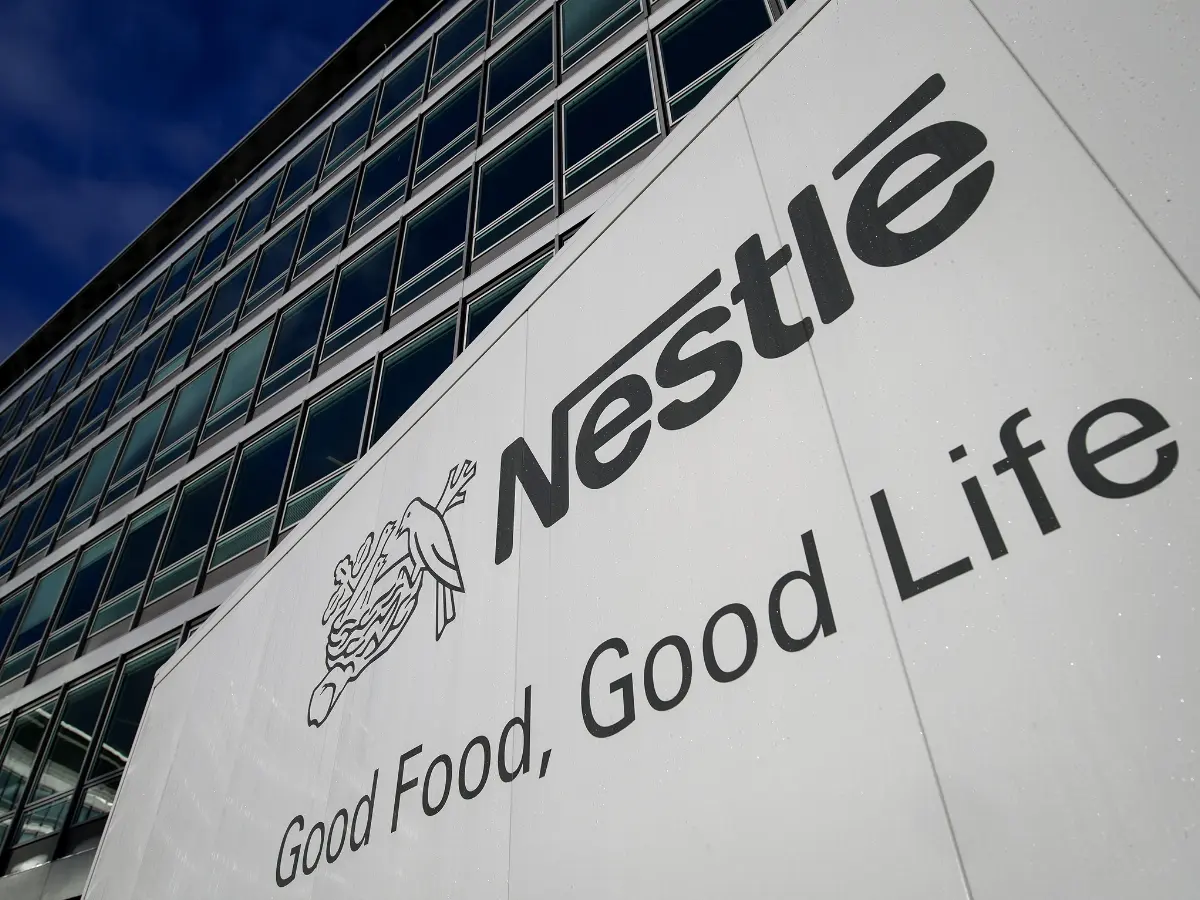
Nestlé: Organic growth at 2.2% and sales down in 2024
Freixe (CEO): "Investments supported by our new cost saving program"

"In a difficult macroeconomic environment and a weak consumer environment," Nestlé achieved a "solid performance" in 2024, in line with the company's latest estimates, according to the group's CEO Laurent Freixe . Nestlé's organic growth was 2.2%, with a return to positive real internal growth of 0.8%, and both strengthened in the second half. Free cash flow rose to 10.7 billion Swiss francs and the Board proposes an increase in the dividend per share to 3.05 Swiss francs.
"We have a clear roadmap to accelerate performance and transform for the future," Freixe continued. "Increasing investment to drive growth is central to our plan. This means delivering superior taste and product quality at unbeatable value, expanding our winning platforms and brands, accelerating the launch of our innovation 'big bets' and addressing underperformers."
“We are creating the fuel for these growth investments,” continued the Nestlé CEO, “through our new three-year cost savings program of CHF 2.5 billion. We are making good progress and have already secured more than CHF 300 million of these savings for 2025.
From 2025, Nestlé executives expect the actions taken to drive improved organic sales growth, with a lower underlying operating profit margin in the near term as we invest for growth. “Although there is macroeconomic uncertainty, we have many opportunities ahead of us and we have the strategy, resources, people and team to execute them,” Freixe concludes.
Nestlé reported total sales decreased to CHF 91.4 billion (-1.8%), including negative impacts of 3.7% from foreign exchange movements and 0.3% from net disposals. Organic growth was 2.2%. Prices increased by 1.5%, reflecting lower inflation in most categories after two years of high input costs and price increases. Rig returned to positive growth at 0.8% and was still impacted by weak consumer demand in many markets, including consumer hesitation towards global brands in some markets. Additionally, actions taken to reduce customer inventory in the second half of the year reduced the full-year Rig by approximately 20 basis points.
By geography, organic growth was driven by emerging markets and Europe, which together more than offset the decline in North America. In established markets, organic growth was 1.2%, with positive pricing and Rig. In emerging markets, organic growth was 3.7%, driven by pricing with positive Rig.
1/Continued
EFA News - European Food Agency